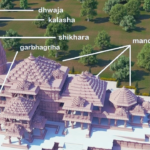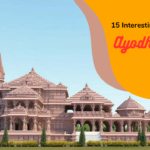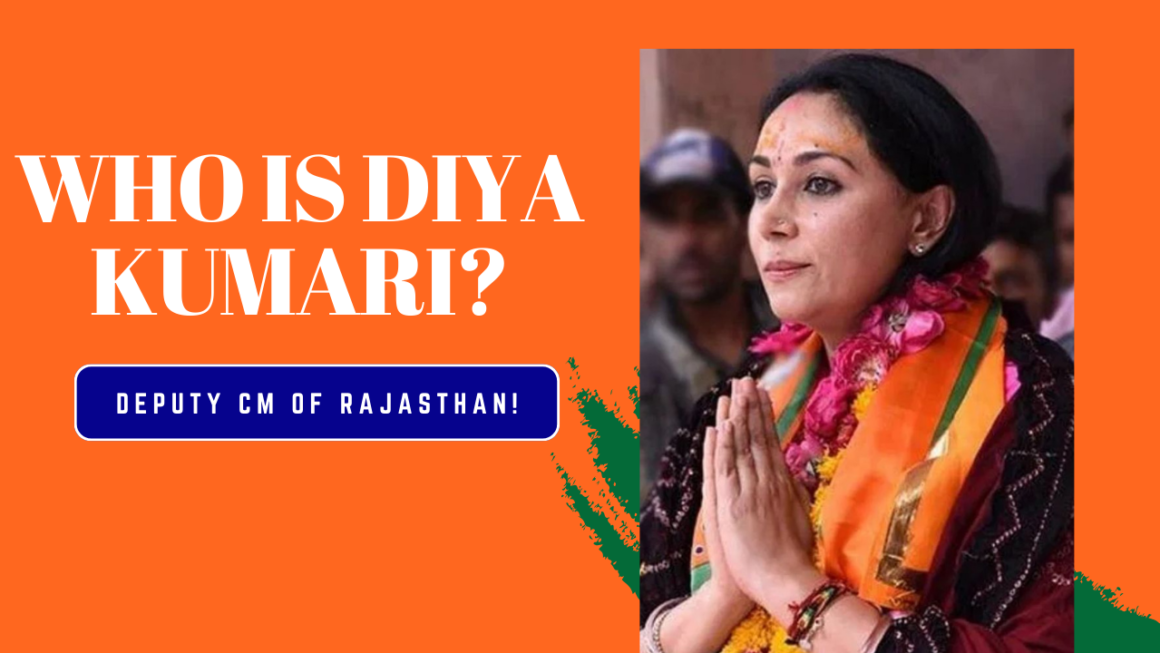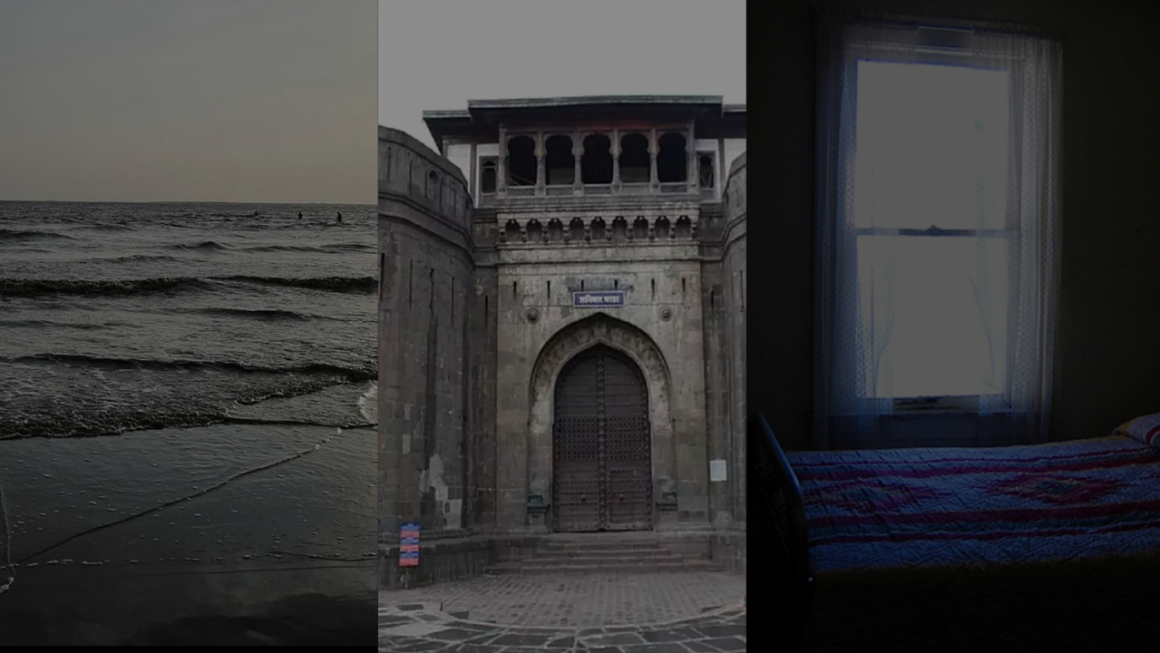Statue Of Unity
India, a land of diverse culture and rich history, is home to numerous architectural marvels that reflect its heritage. One such marvel, the “Statue of Unity,” is not only an engineering marvel but also a symbol of unity and remembrance. Standing as the world’s tallest statue, it pays homage to Sardar Vallabhbhai Patel, the Iron Man of India, who played a pivotal role in the country’s unification. In this blog, we will explore 15 interesting facts about the Statue of Unity.
Monumental Stature
The Statue of Unity stands tall at a staggering height of 182 meters (597 feet), making it the world’s tallest statue. This colossal structure is almost twice as tall as the Statue of Liberty in the United States and nearly four times the height of the Christ the Redeemer statue in Brazil.
Engineering Marvel
The statue’s construction was a remarkable feat of engineering. It required 210,000 cubic meters of cement, 18,500 tons of reinforced steel, and 6,000 tons of structural steel. The meticulous planning and execution ensured that the statue can withstand high wind speeds and even earthquakes.
Architectural Splendour
Designed by Indian sculptor Ram V. Sutar, the Statue of Unity is a magnificent work of art. It showcases Sardar Patel in a dignified posture, wearing a traditional Indian dhoti and shawl. The attention to detail is awe-inspiring, with intricate features and facial expressions captured masterfully.
Symbol of Unity
The statue is more than just a tribute to Sardar Patel; it symbolizes the unity of India. Sardar Patel played a crucial role in the integration of over 562 princely states into a united India after gaining independence from British rule. The statue serves as a reminder of his vision and dedication to a unified nation.
Tourist Attraction
Since its inauguration on October 31, 2018, the Statue of Unity has become a popular tourist attraction, drawing visitors from all over the world. It offers a breath taking panoramic view of the Narmada River and the surrounding landscape.
Location
The statue is located in the Indian state of Gujarat, near the Sardar Sarovar Dam on the Narmada River. The strategic location enhances its visual appeal and adds to its significance.
Iron Collection Drive
To contribute to the construction of the statue, an “Iron Collection Drive” was organized across the country. Farmers donated their used farming equipment, and iron was collected from villages to be used in the construction of the statue’s base.
Museum and Exhibition Centre
Adjacent to the statue, a state-of-the-art museum and exhibition centre known as the “Valley of Flowers” showcases Sardar Patel’s life and the history of the unification of India. It provides an immersive and educational experience for visitors.
Memorial Garden
The statue complex includes a beautifully landscaped garden with a variety of native plants and flowers, creating a tranquil and serene environment for visitors to explore.
“Loha” Campaign
The statue has a bronze coating, which adds to its grandeur. This bronze was collected through the “Loha” (iron) campaign, where people from all over India contributed their household iron and steel items for the bronze cladding.
Lighting Spectacle
The Statue of Unity is a visual delight, especially at night when it is illuminated. The lighting of the statue is a spectacular sight, with various colors and patterns, making it a mesmerizing experience for onlookers.
Read Also: Healthy Summer Fun: The Must-Do Bucket List
It’s Eco-friendly
The construction of the statue was done with sustainability in mind. The complex features solar panels and water treatment facilities to reduce its environmental impact. The eco-friendly approach aligns with Sardar Patel’s love for nature and his belief in preserving the environment.
Prime Minister Narendra Modi’s Vision
The idea for the Statue of Unity was conceived by the current Prime Minister of India, Narendra Modi, during his tenure as the Chief Minister of Gujarat. He believed that such a monument would honor Sardar Patel’s legacy and promote tourism in the region.
Recognition on a Global Scale
The Statue of Unity has garnered international attention and recognition. It has been featured in various documentaries and travel shows, showcasing India’s rich history and architectural prowess.
Economic Impact
The Statue of Unity has not only become a symbol of pride for India but also has had a significant economic impact on the region. It has boosted tourism, creating job opportunities and driving the local economy.
In conclusion, the Statue of Unity stands as a testament to the remarkable achievements of Sardar Vallabhbhai Patel and the unity he helped forge in India. It is more than just a statue; it is a symbol of a united nation, an engineering marvel, and a beacon of hope for future generations. Its grandeur, cultural significance, and historical importance make it a must-visit destination for anyone exploring India’s rich heritage.













